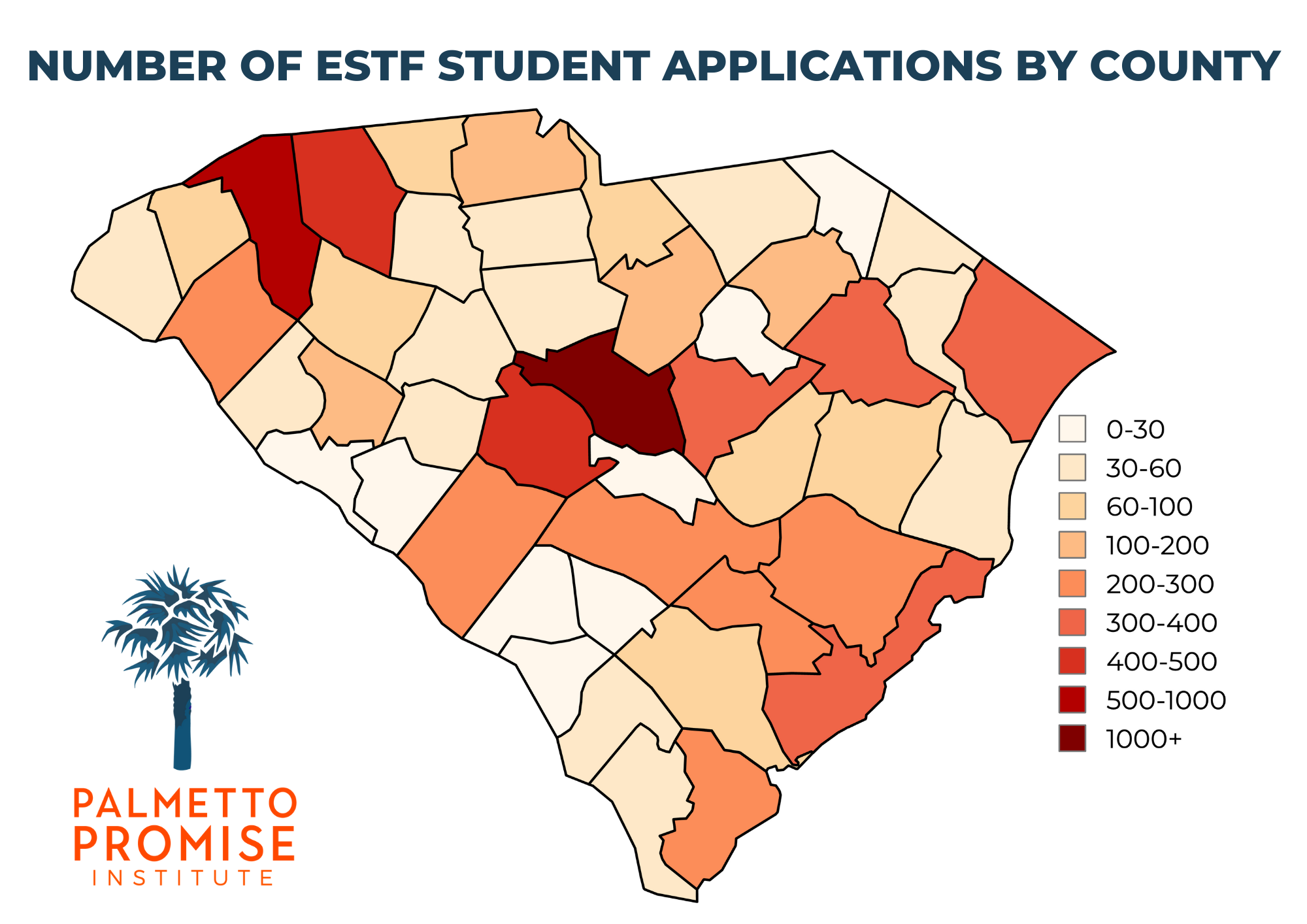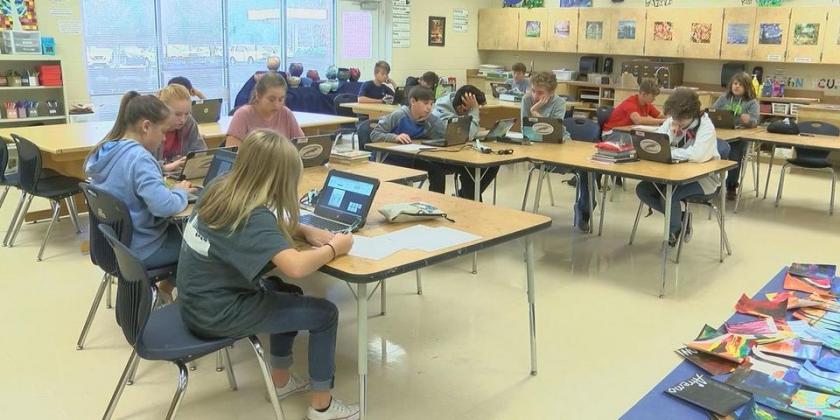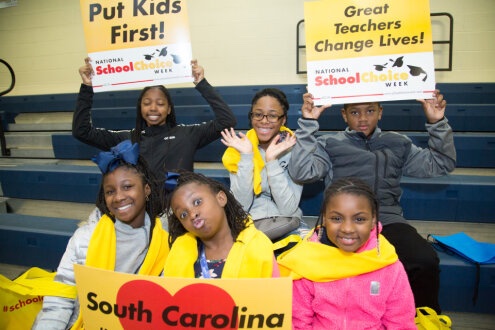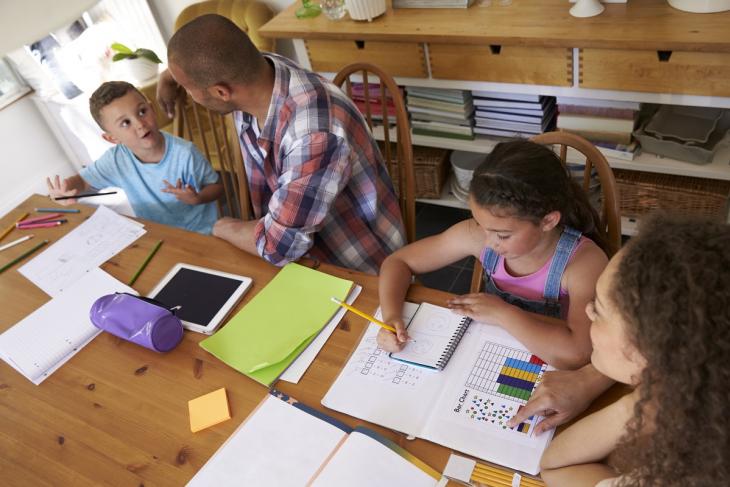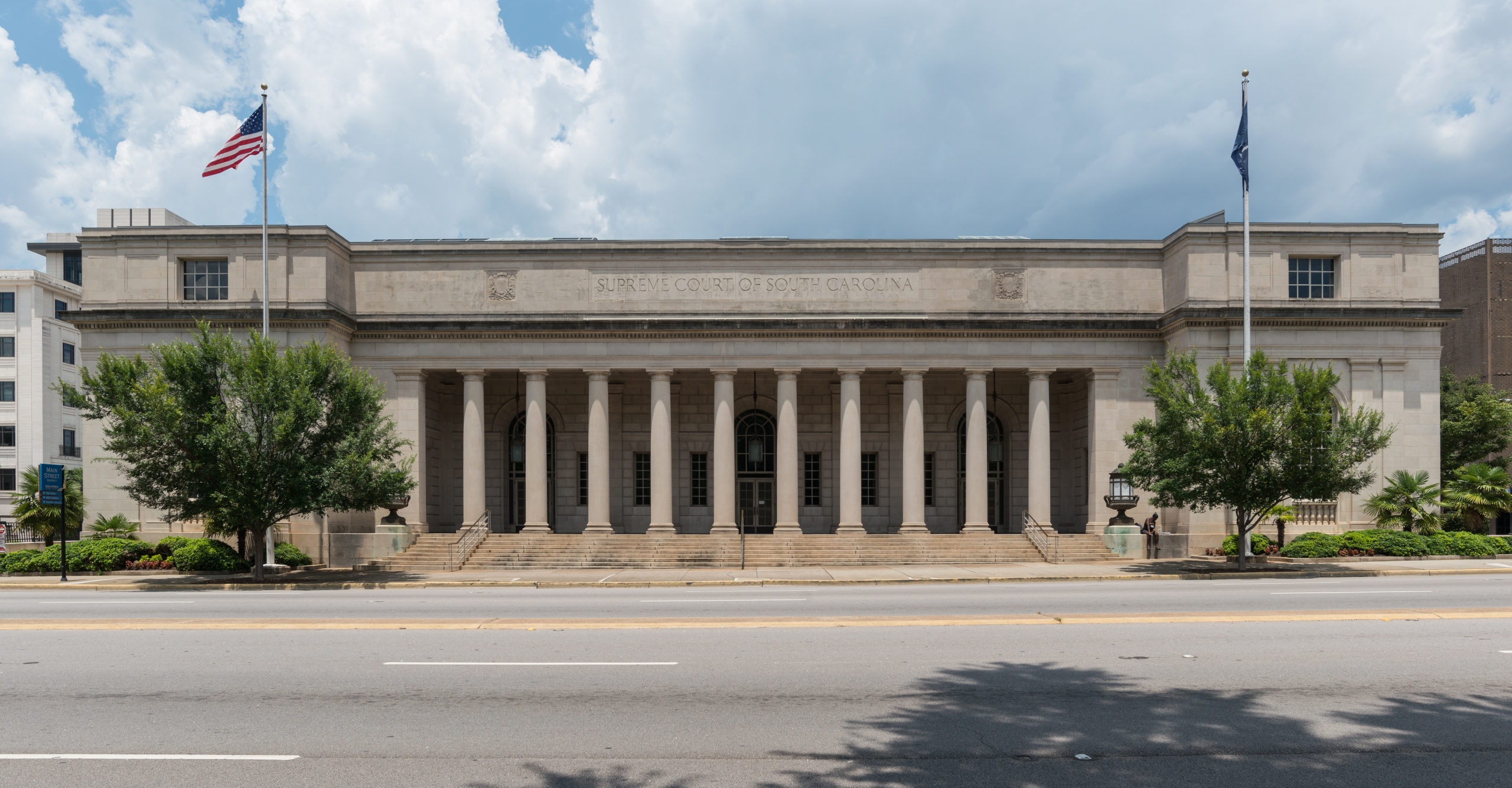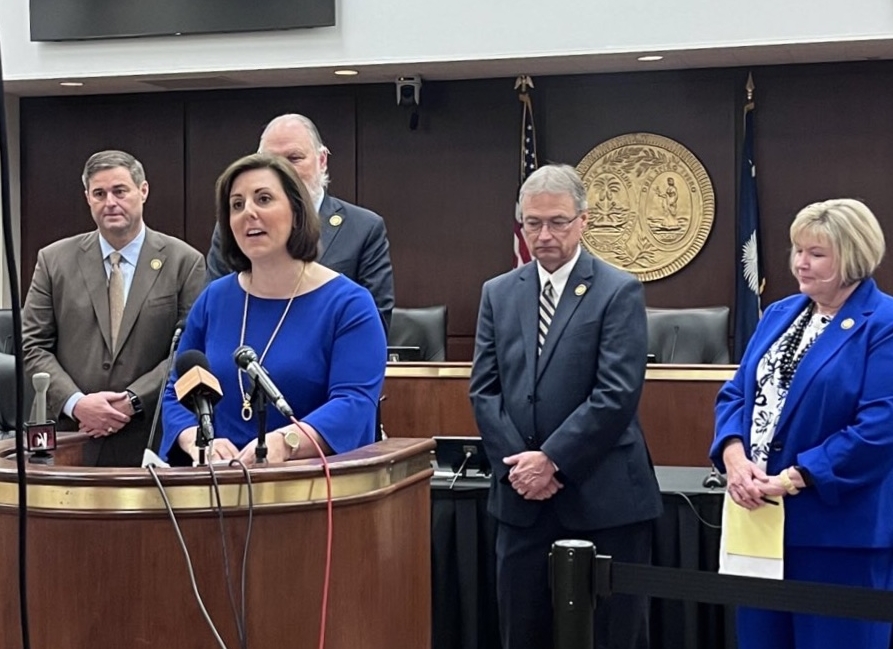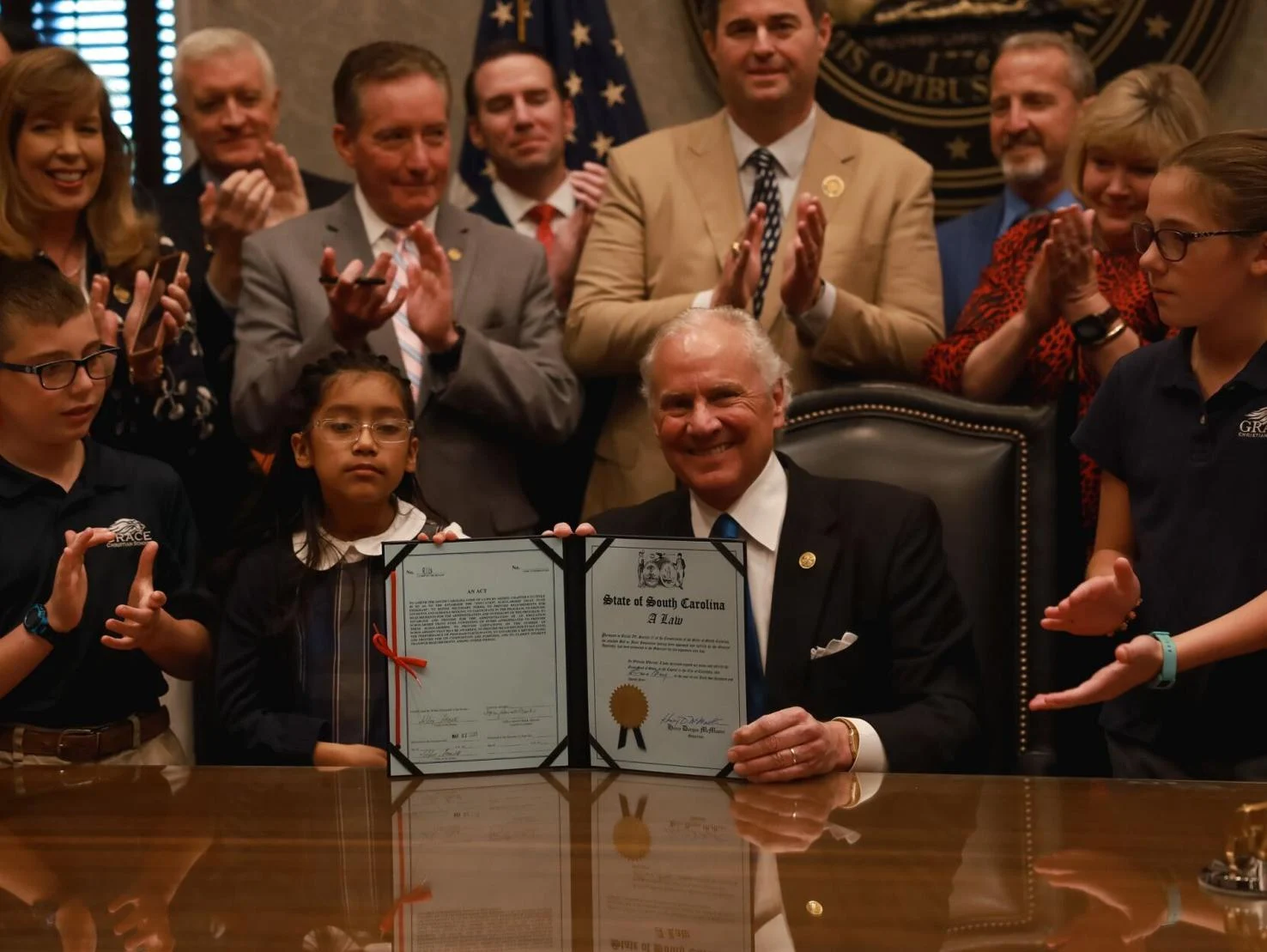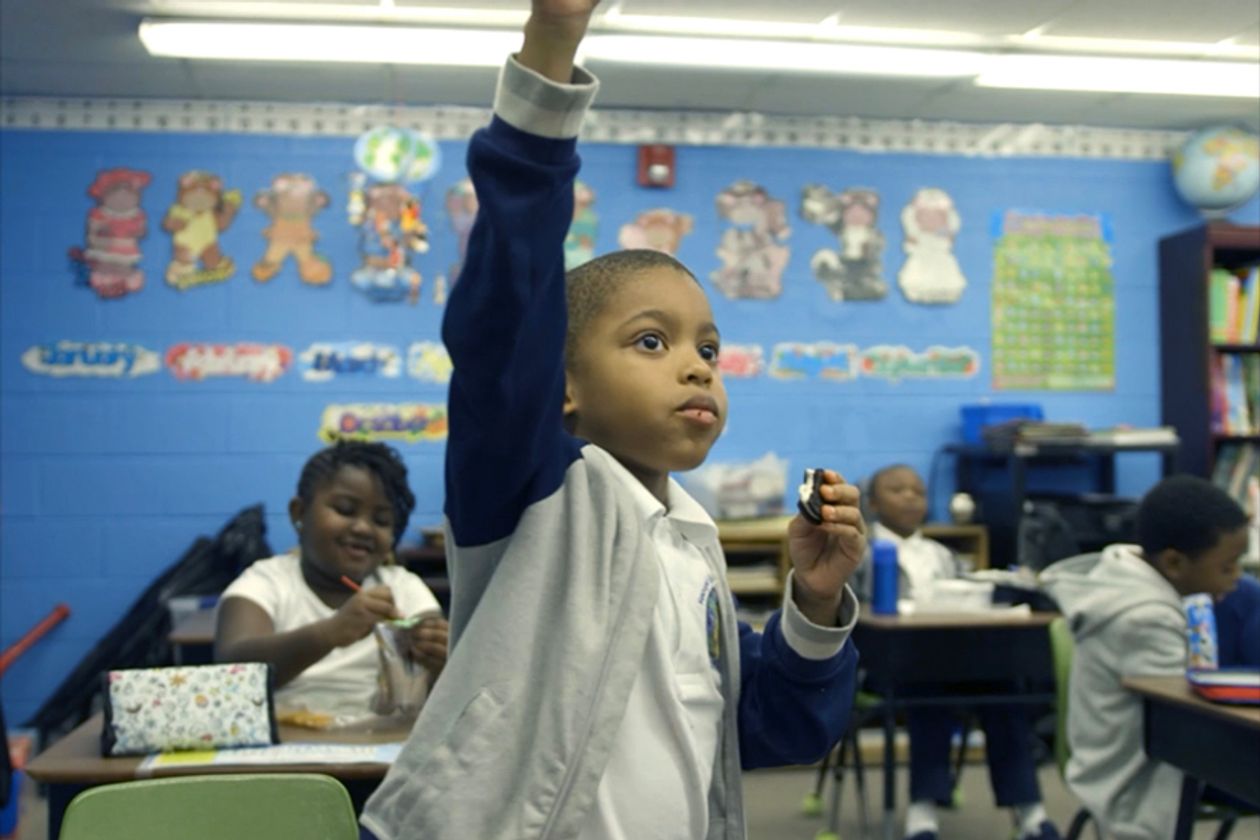SC House to State Universities: Stop DEI, Protect Free Speech!
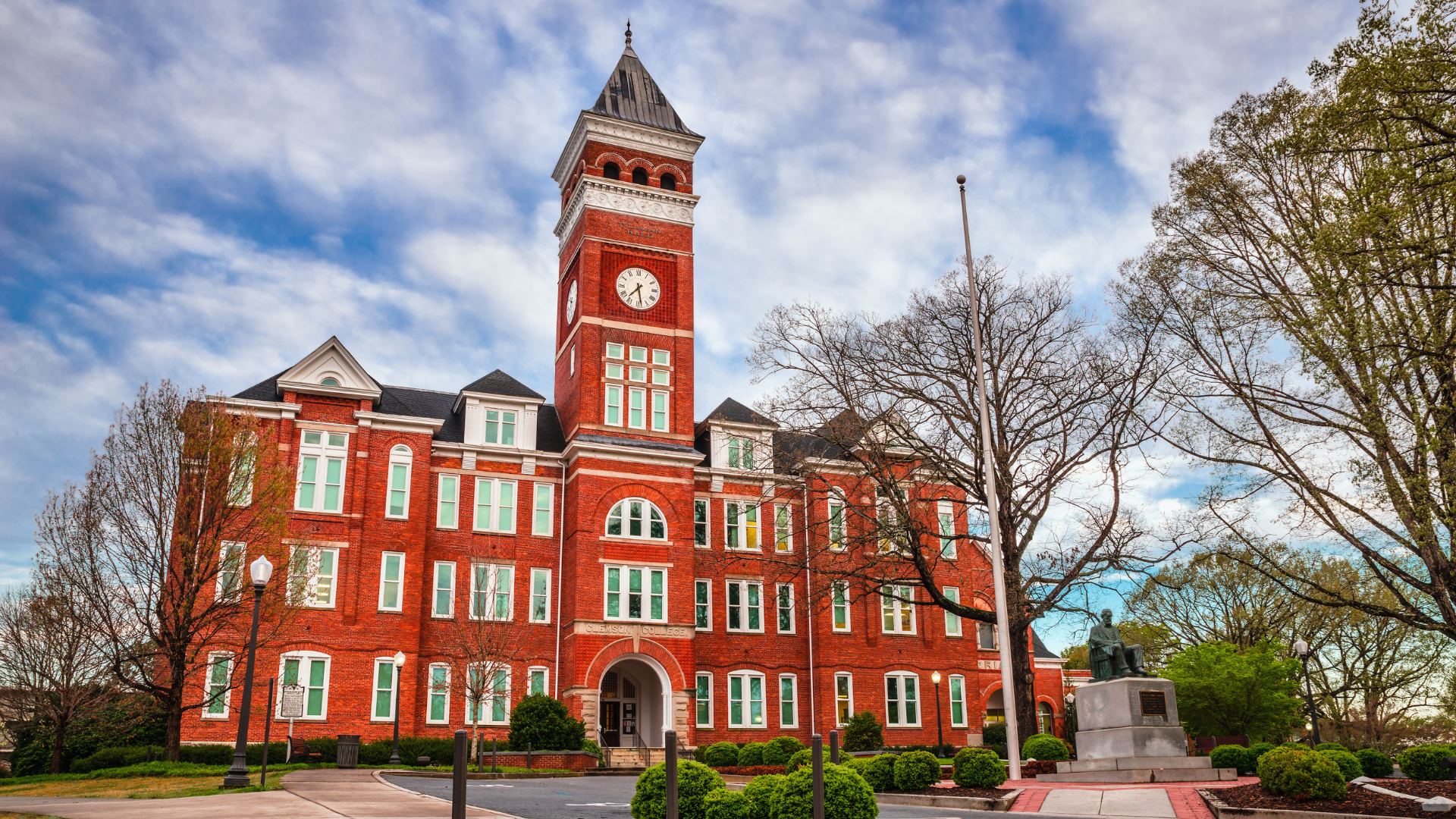
Earlier this week, after hours of debate and over 100 amendments proposed (but with just one adopted) the South Carolina House of Representatives passed legislation banning Diversity, Equity & Inclusion (DEI) from hiring, promotion, and admissions policies in state colleges and universities. The measure also included language protecting free speech on campus. The vote on

